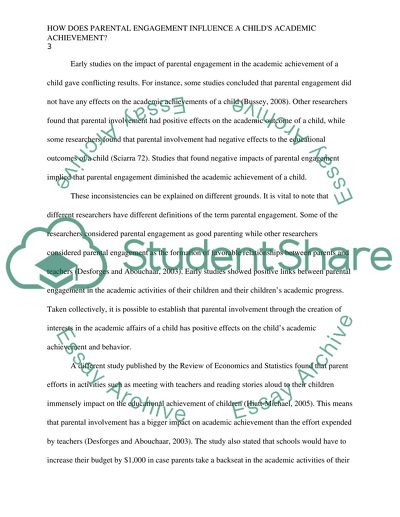Cite this document
(“Literature Review Research Paper Example | Topics and Well Written Essays - 2000 words”, n.d.)
Literature Review Research Paper Example | Topics and Well Written Essays - 2000 words. Retrieved from https://studentshare.org/education/1487714-literature-review
Literature Review Research Paper Example | Topics and Well Written Essays - 2000 words. Retrieved from https://studentshare.org/education/1487714-literature-review
(Literature Review Research Paper Example | Topics and Well Written Essays - 2000 Words)
Literature Review Research Paper Example | Topics and Well Written Essays - 2000 Words. https://studentshare.org/education/1487714-literature-review.
Literature Review Research Paper Example | Topics and Well Written Essays - 2000 Words. https://studentshare.org/education/1487714-literature-review.
“Literature Review Research Paper Example | Topics and Well Written Essays - 2000 Words”, n.d. https://studentshare.org/education/1487714-literature-review.


